MBBS or Bachelor of Medicine and Bachelor of Surgery is also described as BMBS, which is an abbreviation of the Latin word, Medicinae Baccalaureus Baccalaureus Chirurgiae. This is an undergraduate degree programme in the field of Medicine and Surgery. The first two advanced and professional undergraduate medical degrees are Bachelor of Medicine and Bachelor of Surgery. It is probably one of the topmost degrees in the world and therefore by profession, after completing an MBBS from top medical colleges, an individual is officially transformed into a medical professional.
This is a very prolonged study that requires a huge amount of patience and ability. Being a medical professional is one of the bravest and most humble occupations. The curriculum describes different medicine and human anatomy and is able to educate the participants on how to test and cure specific diseases. MBBS degree cover numerous medical specialities to allow the learners to develop an in-depth understanding of the area of interest. In this article, we have discussed the MBBS course details which include MBBS admission, courses after MBBS, and the MBBS fee structure, and career opportunities after MBBS.
MBBS full form is Bachelor of Medicine, Bachelor of Surgery. Bachelor of Medicine, Bachelor of Surgery or MBBS degree is a five-year-long undergraduate medical degree programme. Bachelor of Medicine, Bachelor of Surgery or MBBS is derived from the latin phrase Medicinae Baccalaureus Baccalaureus Chirurgiae.
MBBS stands for Bachelor of Medicine and Bachelor of Surgery. It is a highly competitive programme as the admissions are offered on the basis of rank acquired in the NEET examination. Lakhs of students appear every year in the NEET examination for MBBS admission. Several students take a year off from their academic year to prepare for the NEET examination to get admission to prestigious medical colleges in India.
Students need to appear for the NEET counseling process once they get the required marks for admission. Successful completion of an MBBS opens numerous opportunities for a medical career in the healthcare industry. Candidates can opt for an MS, MD or DNB in any related specialization after successful completion of an MBBS programme. They can opt for numerous careers such as general surgeon endocrinologist, pathologist, neurologist, physician, ENT specialist, cardiologist, and oncologist.
MBBS degree is a professional undergrad degree in the surgical and medical field, awarded by medical colleges and universities. However, as the name implies, a Bachelor of Medicine and a Bachelor of Surgery are two different degrees but are merged into one discipline and presented together in practice. The length of the MBBS degree includes an internship, and the degree is of five to six years.
Candidates who need to study physics, chemistry, biology, and English at the 10+2 level are eligible to apply for this programme. MBBS degree is a graduate degree for candidates who seek to pursue their goal of being a physician. A Bachelor of Medicine and a Bachelor of Surgery (MBBS) degree is one of the best professional degrees in science and medicine. The length of the MBBS course is five years and one year of internship in a nonprofit organization, medical center and rehabilitation center.
The university aims to provide all MBBS students with a modern, growth-driven education through its MBBS degree programs. A Bachelor of Medicine and a Bachelor of Surgery degree allow the graduates eligible for the market in the world's current scenario. Throughout India, there is a tremendous demand in the medical industry among medical practitioners as there are fewer employment opportunities in the marketplace and the number of doctors is much greater than it is. Earning an MBBS degree offers students the opportunity to achieve their objectives in the medical and healthcare industries.
|
Ophthalmology |
General Medicine |
|
Orthopedics |
General Surgery |
|
Anaesthesiology |
Obstetrics & Gynaecology |
|
Dermatology |
ENT (Ear, Nose, and Throat) |
|
Psychiatry |
Pediatrics |
In the healthcare industry, MBBS students are highly focused. MBBS students have employment opportunities in both the government and private sectors. For these specialists, there are more than enough jobs available in the fields of biomedical companies, medical centres, healthcare facilities, laboratories, emergency rooms, community health centres, and private practice. There seem to be a number of choices available for MBBS students with both the development and commercialization of the healthcare industry.
MBBS is a medical degree on its own that enables graduates to prescribe drugs, and most participants choose to obtain a master's degree in this area to become known physicians. The major recruitment agencies for MBBS candidates are Apollo Munich Health Industries Co Ltd, Medanta Hospitals, Sun Pharmaceutical Industries Ltd, Fortis Healthcare Ltd, and Cipla Ltd, with positions available like Anesthetist, Cardiologist and much more.
We have mentioned below MBBS subjects. It may vary from college to college.
|
Semester-I |
|
|
Fundamentals of Disease and Treatment |
Locomotor System |
|
Introduction to Medical Practice I |
Introduction to Molecular Medicine |
|
Cell Biology |
Introduction of Embryology and Histology |
|
Semester-II |
|
|
Health and the Environment |
Neuroscience 1 (Peripheral System) |
|
Basic Haematology |
Respiratory System |
|
Healthcare Concepts |
- |
|
Semester-III |
|
|
General Pathology |
Environmental Pathology |
|
Neoplasia |
Nutrition Disorders |
|
Hereditary Disorder |
Immunity |
|
Semester-IV |
|
|
Systemic Pathology |
Alimentary System |
|
Haematology |
Common Symptoms and Signs |
|
Cardiovascular System |
- |
|
Semester-V |
|
|
Special Pathology |
Growth Disturbance and Neoplasia |
|
Clinical Pathology |
Immunopathology |
|
General Pathology |
- |
|
Semester-VI |
|
|
Epidemiology of communicable diseases |
Reproductive and child health |
|
Epidemiology of non‐communicable diseases |
- |
|
Semester-VII |
|
|
Infectious disease |
Diseases of immune system, connective tissue and joints |
|
Nutritional disease |
Hematology and Oncology |
|
Geriatric disease |
- |
|
Semester-VIII |
|
|
Endocrine disease |
Brain Death, Organ donation, Organ preservation |
|
Metabolic and Bone disease |
Nervous system |
|
Emergency medicine and critical care |
- |
|
Semester-IX |
|
|
Nervous system |
Environmental disorders, poisoning and snake bite |
|
Kidney disease |
Emergency medicine and critical care |

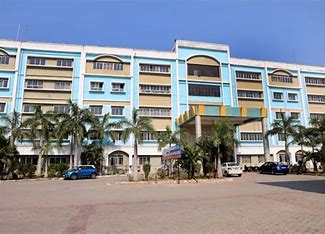
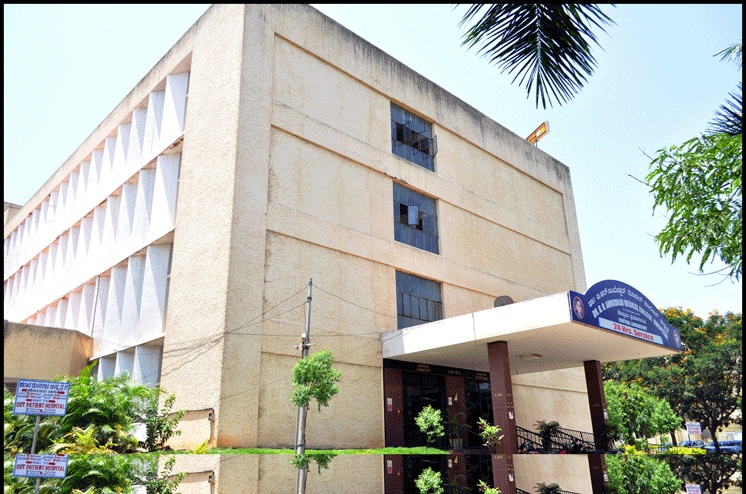
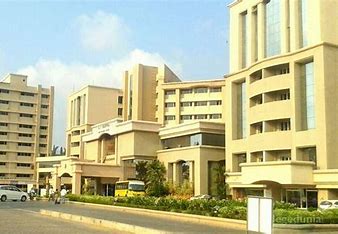
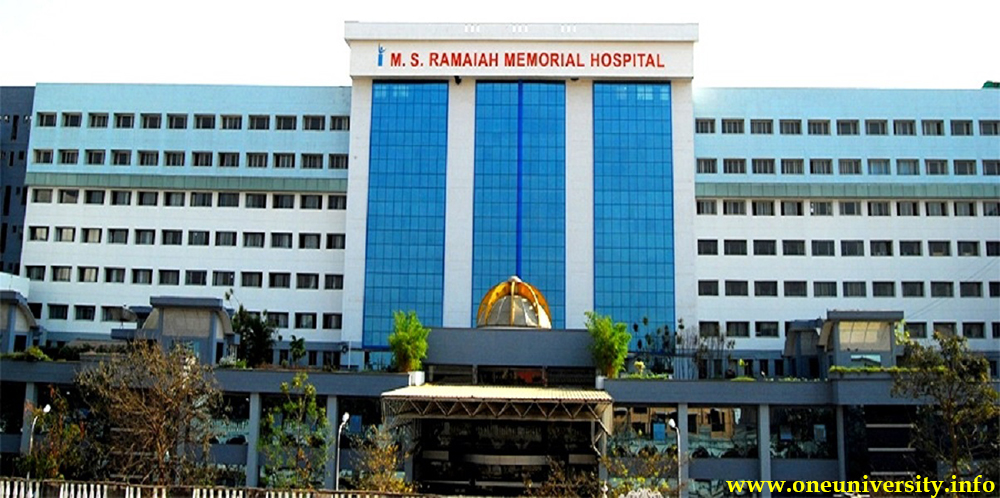
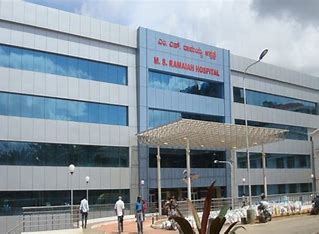
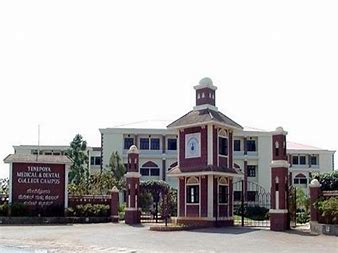


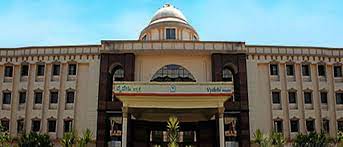
Student Review About Course